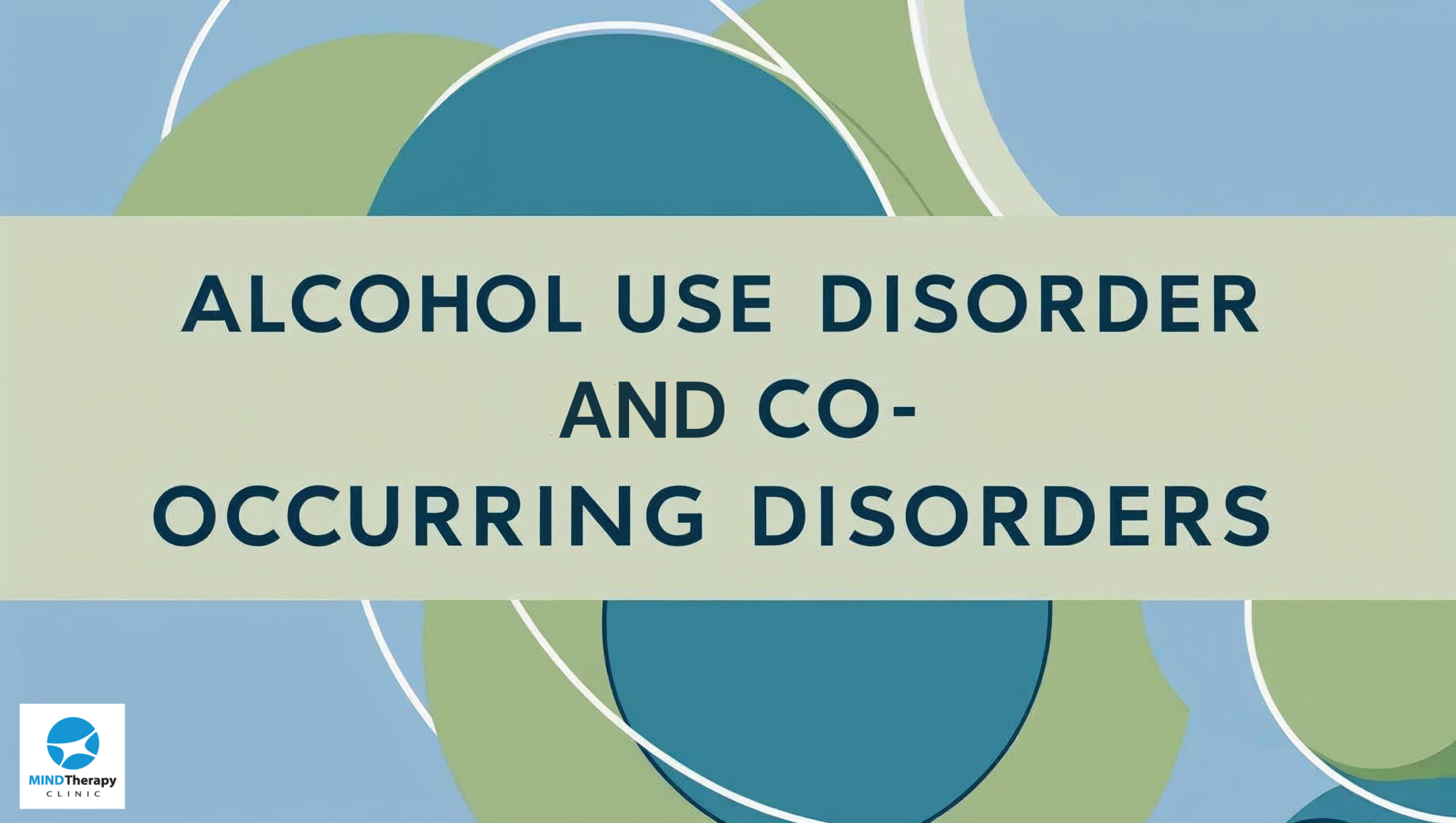Alcohol misuse frequently goes hand in hand with other mental health conditions. Many individuals with alcohol use disorder are “self-medicating” emotional pain such as depression, anxiety, or trauma. The National Institute on Alcohol Abuse and Alcoholism (NIAAA) emphasizes that alcohol use disorder often co-occurs with other mental health disorders – in other words, it’s common to have a dual diagnosis of AUD and another psychiatric disorder. The most common mental health conditions seen alongside AUD include “depressive disorders, anxiety disorders, trauma- and stress-related disorders, other substance use disorders, and sleep disorders.”
When an individual has co-occurring disorders, it’s crucial to treat both the addiction and the mental health disorder together. Focusing on only one while neglecting the other often leads to incomplete recovery or relapse. With comprehensive treatment, individuals with dual diagnoses can and do recover. Professional advice notes that “the likelihood of recovery from both conditions is higher if both the AUD and the co-occurring mental health disorder are treated” (NIAAA).
Mind Therapy Clinic’s Integrated Care Approach
At Mind Therapy Clinic, our approach to addiction treatment is rooted in an integrated care model that addresses substance use and mental health disorders simultaneously, while providing comprehensive support to both individuals and their loved ones. Our multidisciplinary team includes psychiatrists, psychologists, addiction specialists, and family therapists who collaborate to treat the whole person.
We offer a broad spectrum of services tailored to meet clients where they are in their recovery journey:
Individual Therapy
Clients can work one-on-one with a therapist who specializes in substance use disorder assessment and recovery. This is ideal for individuals who are exploring their relationship with alcohol, or for those who have already decided they want to make a change in their drinking habits.
Psychiatric Assessment and Medication Management
Clients may meet with psychiatrists who are board-certified or experienced in Addiction Psychiatry or Addiction Medicine. These clinicians can evaluate the role of medications in reducing cravings and preventing relapse. Emerging treatments are showing promise in helping individuals reduce their alcohol use safely and effectively.
Family Therapy and Coaching
For family members and friends of someone struggling with alcohol misuse—especially when that person is not yet acknowledging a problem—working with an MTC family therapist can be one of the most effective approaches. These sessions focus on education about addiction and recovery, and offer coaching on communication strategies, boundary-setting, and how best to support a loved one.
Substance Use Groups
Clients may benefit from joining therapy groups focused on alcohol and substance use, including:
These groups offer peer support and therapist-guided skills training in a safe and confidential environment.
Intensive Outpatient Program (IOP) and Partial Hospitalization Program (PHP)
For individuals needing more intensive treatment, IOP and PHP provide structured, daily support. These programs are designed to:
- Help individuals explore their relationship to alcohol and decide whether they want to make a change.
- Support early recovery for those who have already committed to change.
MTC’s IOP/PHP includes:
- Group therapy focused on substance abuse, relapse prevention, emotional regulation, and coping skills.
- Individual therapy, psychiatric care, and medication management.
- Case management and recovery coaching, where clients learn about the neurobiology of addiction, identify triggers, and develop concrete strategies for change.
- Family therapy support, as described above, integrated into the care plan.
E Street House: Supportive Sober Living
For clients enrolled in our IOP or PHP, E Street House offers a sober living environment with additional support. This residence adds a layer of protection and structure that can be essential for early recovery, especially for those transitioning from residential treatment or needing a more immersive recovery community.
If you’re unsure whether alcohol may be a problem in your life or someone else’s, consider taking a confidential self-assessment to learn more.
To learn more about how alcohol use disorder affects families, see our post on how alcohol misuse impacts families and relationships.


